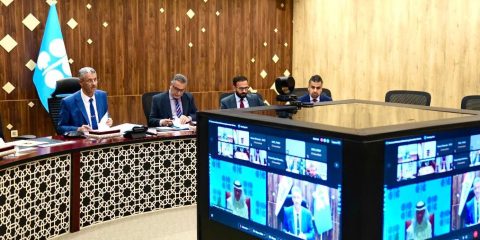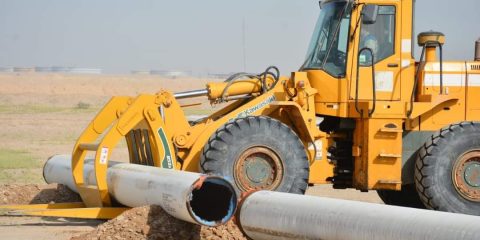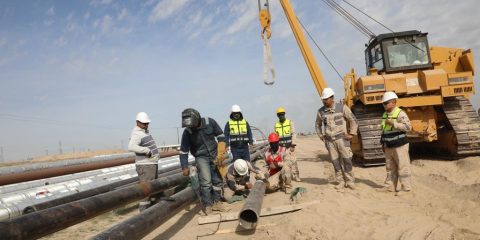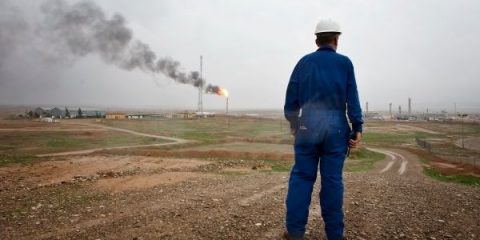Mosul Holds Clues About a Post-ISIS Future
The devastation the so-called Islamic State wreaked on the Iraqi city of Mosul stuns the senses. Suicide bombers blew up the hospital so that ISIS leaders being treated there couldn’t be captured and interrogated. A water plant mechanic tells of being lashed 40 times because his wife answered the door unveiled. An engineer tells of […]Kori Schake writes for The Atlantic:
The devastation the so-called Islamic State wreaked on the Iraqi city of Mosul stuns the senses. Suicide bombers blew up the hospital so that ISIS leaders being treated there couldn’t be captured and interrogated. A water plant mechanic tells of being lashed 40 times because his wife answered the door unveiled. An engineer tells of seeing neighbors burned alive. Children haven’t been to school in nearly three years. The jewel of a university, some of the most modern buildings in the city, are rubble; its library’s 2 million volumes now ashes. ISIS defaced statues, burned churches, blew up the central mosque, and knocked over the minaret of Mosul’s landmark mosque. Junk yards of burned vehicles extend thousands of yards along the highway. I witnessed all those things in Iraq at the invitation of the UN High Commissioner for Refugees to look at the challenges of political, economic, and social reconstruction.
One could be forgiven for thinking Iraq remains a tangled mess of sectarian division and political failings, whose people are incapable of resolving their differences and working together to rebuild the country. Those who believe the people of the Middle East unsuited to democracy may even take satisfaction their bias has been borne out by events. That is not what I saw in Iraq.





